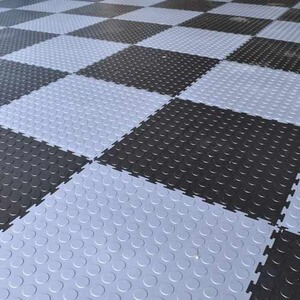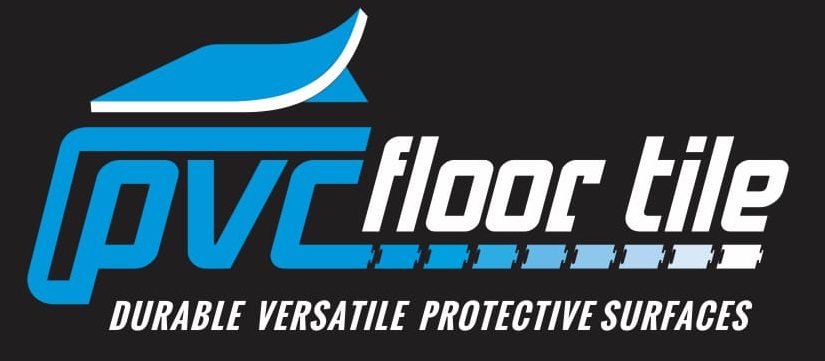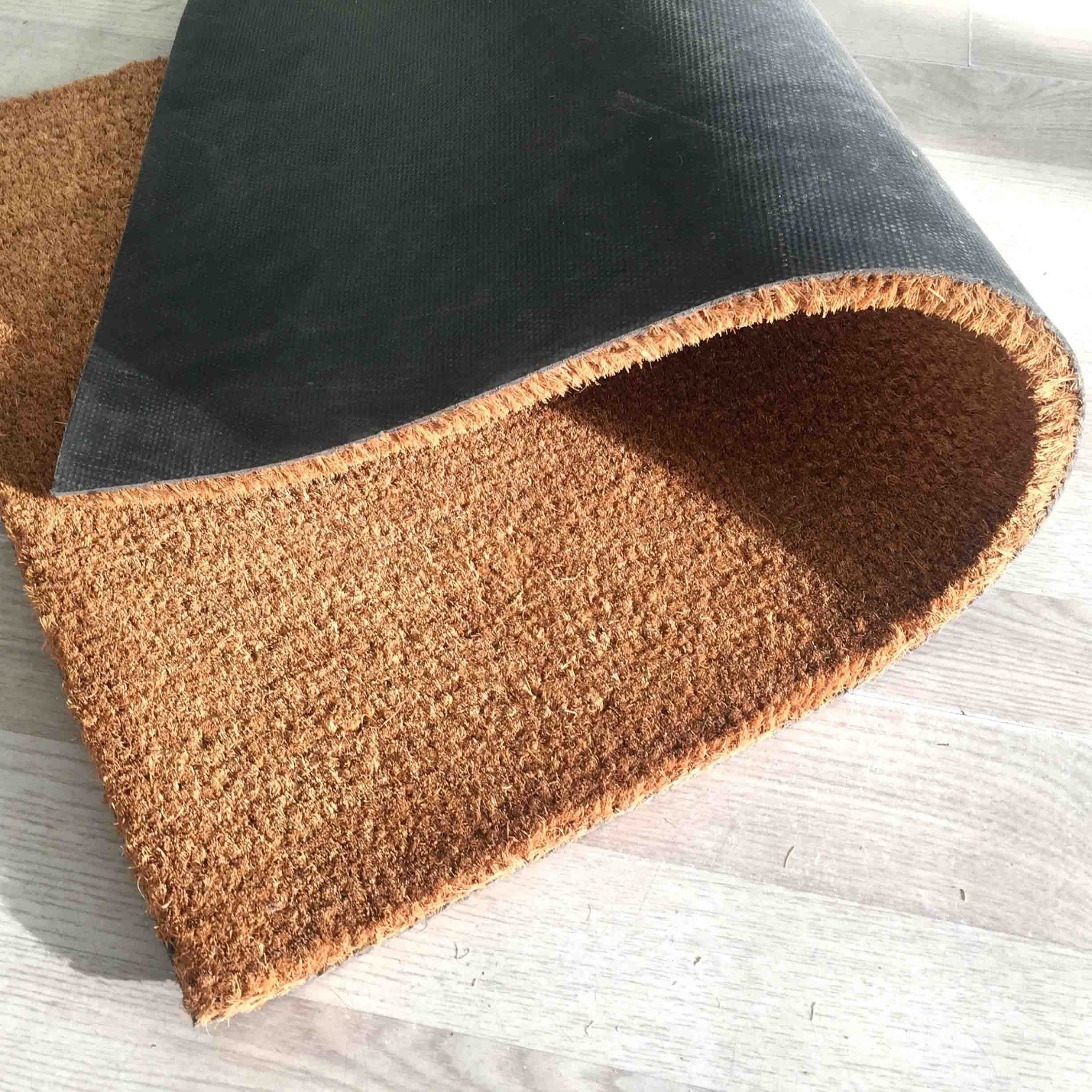Why Non-Slip Rubber Tiles / Mats are Mandatory When Considering Your Flooring?
Rubber tiles, mats, or interlocking rubber tiles should always have anti-slip backing properties, just to pose a simple question, imagine having a slipping floor, how chaotic it will be.
Consider in recent times, there are still some floors that are slippery for whatever reason, one would not want their clients to get injured because they chose to ignore crucial anti-slipping properties on their beloved flooring.
Characteristics of Anti-slip Rubber Tiles / Mats
Reasons why everyone should have Anti-slip Rubber Tiles and Mats
- Prevents falling and therefore injuries
- Reduce lawsuits
- Gives staff or family members confidence in walking
- Increases mat/tile longevity.
- Costly

Preventing injuries
Having a moving mat or a tile is extremely dangerous to lives. It causes people to fall and get injuries. It can lead to permanent disabilities because of concoction, brain damages, skull fractures, and other body injuries.
It can also even lead to death depending on the circumstances. It then becomes costly as that injured person would have to be taken care of at the hospital. There is only one step to prevent this horrible incident by getting a non-slip mat or tile.
Reduce lawsuits
It is the responsibility of the owner of the mat to make sure it is safe both for himself and others. I am quite sure the owner would not want to get hurt by their own property.
It will be very negligent to place an entrance mat that is dangerous to lives and it exposes the company or the family to litigation and therefore proving to be costly, for a simple matter that was supposed to be solved by a rubber or PVC backing.
Increases confidence
Both the owner and everyone who uses the mat and knows that it will not result in them falling increases their confidence and want to use the mat rather than trying to avoid it in the name of not wanting to get injured. It gives that peace of mind and sense of calamity.
Increase mat / tile longevity
A mat or tiles that constantly moves when stepped on reduces its ability to stay long. Movement generally involves friction and damages to the edges of the mat.
Normally when edges of any mat are damaged then most mats are replaced, so one would not want to replace mats after a noticeably short period.
Costly
A badly made mat/tile is ultimately hit high on the pocket of the owner. It is because there is a cost either of lawsuits, health bills, replacement cost.
It is a simple procedure that even DIYers can adopt. Even when one buys a mat without a rubber, one can simply buy a piece of 1.5mm to 3mm rubber insertion and cut it to the size of the mat.
Get industrial glue which is usually cheaper as it is sold in large containers than the known super glue. Apply only on the mat itself and put it on an open area so that it can have aired on it and get partially dry.
After about 20 to 30 minutes you can stick the mat and the rubber together and take a rubber mallet and hit the mat and the rubber together till you are satisfied that it is now completely glued together.
Again, place it on a sunny or just open air for also between an hour to an hour and a half to get it permanently glued together. After that, it is ready and safe to use.
As for PVC interlocking tiles, they are already PVC, and naturally, they cannot move or slip when locked together.
When one wants to have ultimate surety of non-movements interlocking rubber tiles can even be glued down either on the edges only or the whole area especially when there is the movement of some machinery such as forklifts are involved.
Human traffic or foot traffic only does not warranty gluing on the floor as they will never move. It will be a bonus having an interlocking floor tile that can make the industrial flooring you want and at the same time gives you peace of mind knowing they are anti-slip.
How does one ensure a carpet mat is non slip?
It is a simple procedure that even DIYers can adopt. Even when one buys a mat without a rubber, one can simply buy a piece of 1.5mm to 3mm rubber insertion and cut it to the size of the mat.
Get industrial glue which is usually cheaper as it is sold in large containers than the known super glue. Apply only on the mat itself and put it on an open area so that it can have aired on it and get partially dry.
After about 20 to 30 minutes you can stick the mat and the rubber together and take a rubber mallet and hit the mat and the rubber together till you are satisfied that it is now completely glued together.
Again, place it on a sunny or just open air for also between an hour to an hour and a half to get it permanently glued together. After that, it is ready and safe to use.
As for PVC interlocking tiles, they are already PVC, and naturally, they cannot move or slip when locked together.
When one wants to have ultimate surety of non-movements interlocking rubber tiles can even be glued down either on the edges only or the whole area especially when there is the movement of some machinery such as forklifts are involved.
Human traffic or foot traffic only does not warranty gluing on the floor as they will never move. It will be a bonus having an interlocking floor tile that can make the industrial flooring you want and at the same time gives you peace of mind knowing they are anti-slip.
Conclusion
It is always advisable to choose an anti-slip mat or interlocking tiles when considering your flooring or your entrance matting, as it will not only save your lives but also saves you on the cost of hospitals, litigation, and customers/visitors shying away from your premises.


